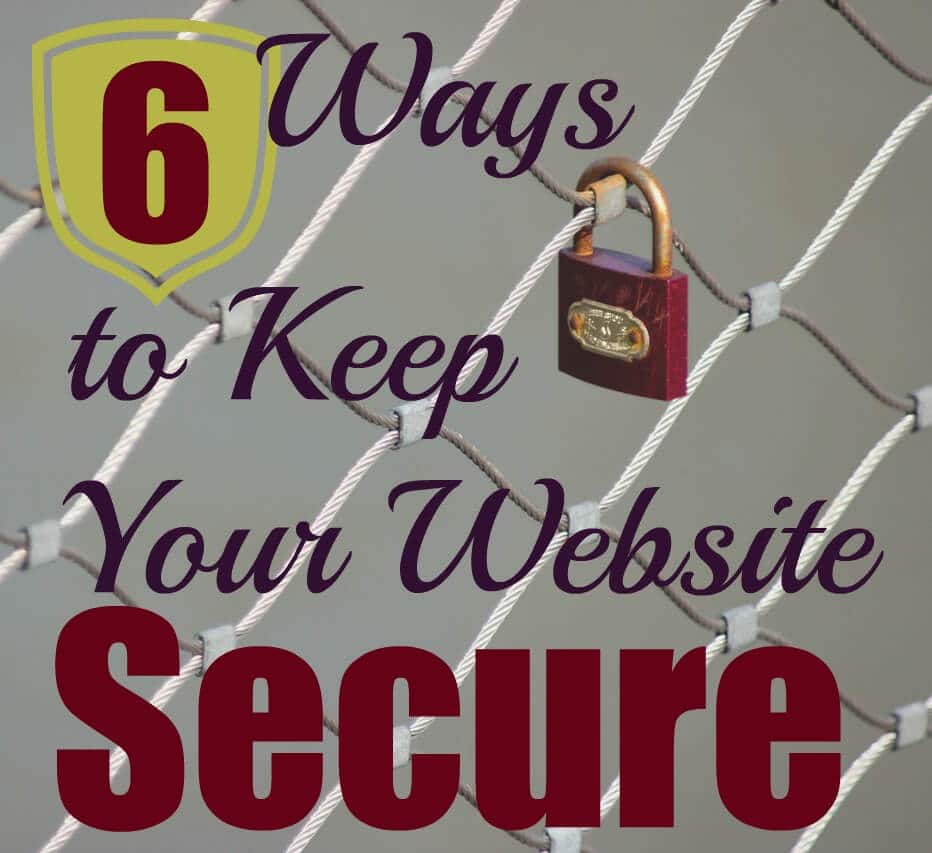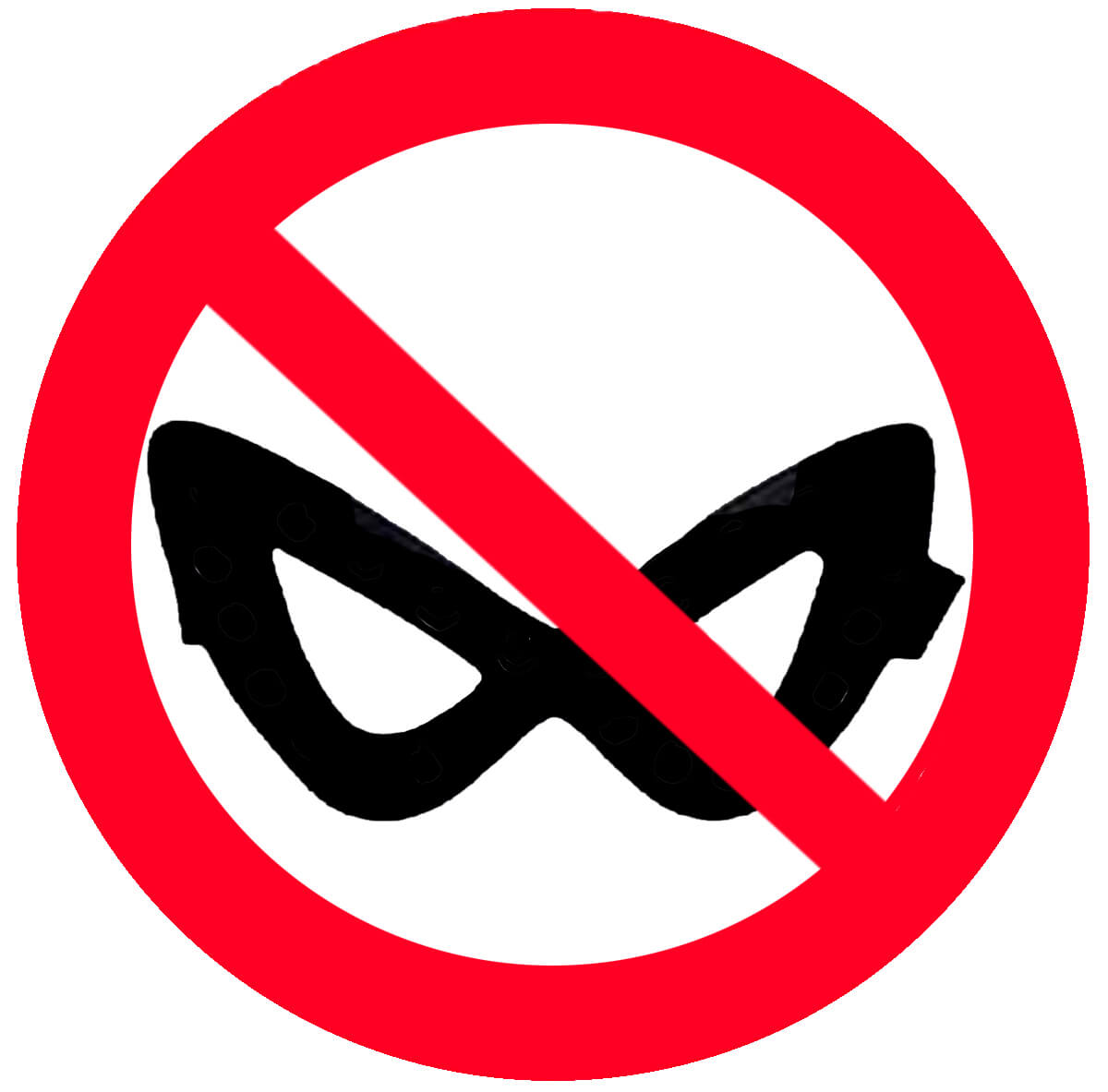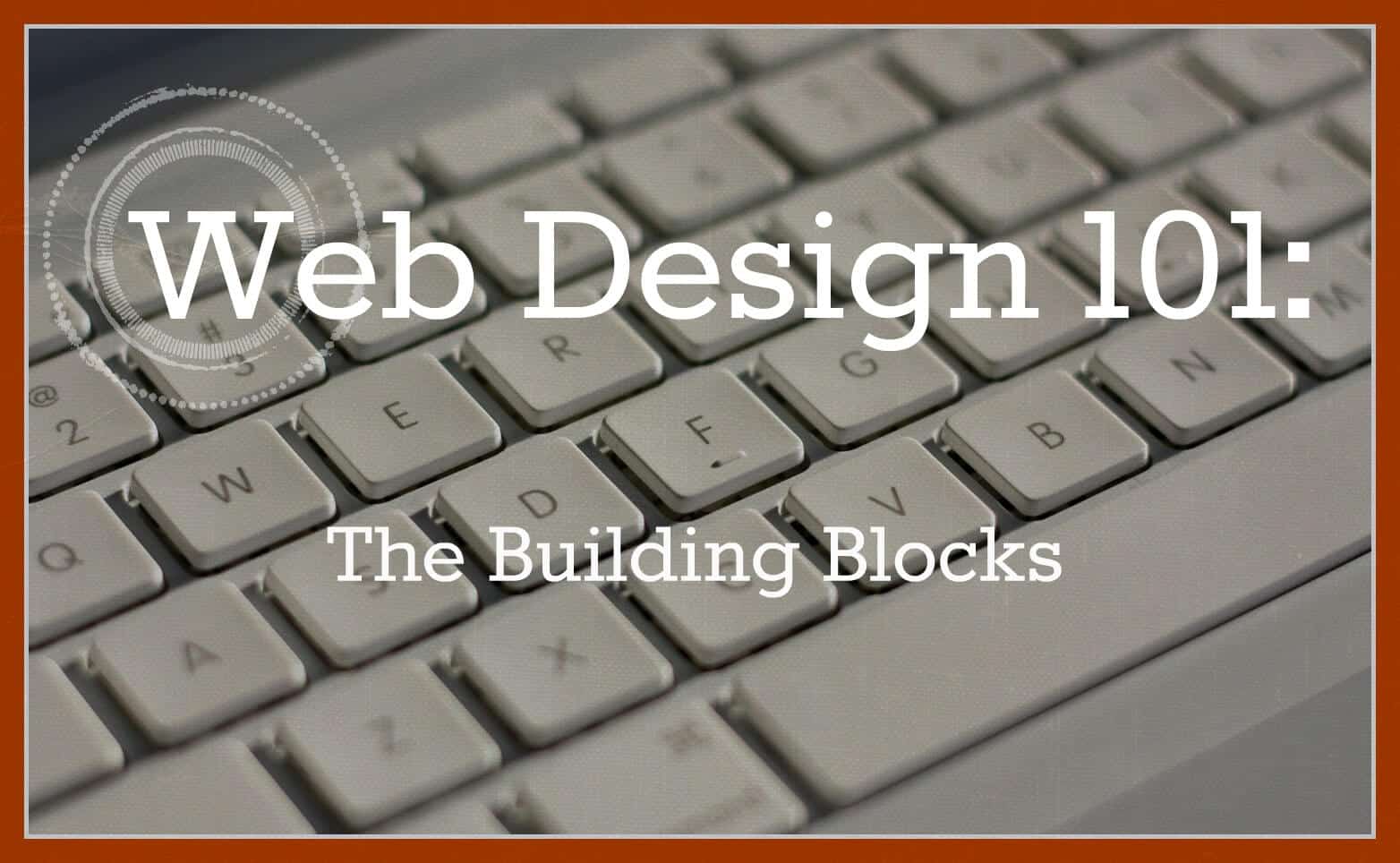You give a lot of thought to your website: how to write great content, whether it’s time for a redesign, and how you can get the biggest bang for your buck.
But how much thought do you give to keeping all that information safe?
In an era where hackers can be anyone from the kid next door to large-scale “hacktivist” groups like Anonymous, your website’s security is more important than ever.
Think about what would happen if you woke up to find a stranger’s content had been added to your blog. If a glitch deleted your family photos. If a virus attacked your only computer, leaving you unable to answer emails, update your website, or research the latest search engine trends.
We at Clarity simply cannot allow that to happen, so we’ve gathered a list of our favorite ways to keep your website secure.
1. Sucuri
Every website is different and has different needs, but there are some WordPress plugins that get added to every single site we create. Sucuri is one of them.
Not only does it prevent hacks with a Firewall, it also prevents malware from traveling from your website and infecting someone else’s computer. (It’s hard enough to find new customers without your website going rogue and attacking them.) Sucuri’s continuous malware scanning identifies and alerts you to potential threats, which you can easily have an analyst remove from your code. (We have used this service a few times and it is always resolved within 24 hours.)
One of our favorite features is that Sucuri keeps track of logins to your website’s dashboard so you know who is coming and going. Some jerk hacker tries to login to your site 57,000 times in a row? Sucuri will block their IP address after a number of failed login attempts. Take that, hacker.
Cost: Ranges from Free to $41.66/mo.
2. Avast
We’ve been using this Czech-based anti-virus software since Clarity was just a twinkle in our eye. And trust us: Avast is one of the best anti-virus programs on the market today.
With more than 230 million sensors, Avast gives you plenty of protection, but won’t slow down your browsing (not many anti-virus softwares can say that). Your favorite website getting a false alarm? Avast still allows you to visit certain suspicious sites without fear using its Auto Sandbox feature. It also offers a password program to prevent anyone from seeing all those passwords that you tell your browser to remember. Just remember one password and Avast takes care of everything else.
Cost: Ranges from free (!) to $50/year.
3. BackupBuddy
BackupBuddy is another plugin that we use for all of our websites. Because every so often, no matter how careful everyone is, something goes wrong and an entire website goes down.
BackupBuddy makes it super simple to back up your entire WordPress site (images, database other plugins, everything) and store it in a secure location with the click of a mouse. Schedule it to back up automatically, and everything can be restored quickly and easily the next time something goes wonky.
Cost: $45/year for use on one website, $75/year for use on 5 websites, or $150/year for use on unlimited websites.
Say Hello, and Let's Get To Work Together
4. CrashPlan
I had a baby last spring and take a ton of pictures of her, but they’re all stored on my phone or my laptop. But with CrashPlan, I don’t have to worry that a power surge or glitchy hard drive will destroy all the memories of my sweet, snuggly, little Baby Bear.

Enter CrashPlan. It automatically backs up your entire hard drive (pictures, documents, downloads, you name it; storage is unlimited) and uploads it either to an external hard drive, another computer, or CrashPlan’s cloud. (The cloud has military-grade security, so don’t worry about them compromising your data.)
Get all of your devices on CrashPlan and you can get access to all computer files from anywhere you are: use your phone to check that spreadsheet that’s saved on your laptop, or use your business partner’s computer to access your hard drive at home. If something does go wrong and a fire destroys your house, it’s free to restore everything.
Cost: Free for local and offsite backups. Cloud subscription is $5-12/mo.
5. SSL Certificate
You’ve heard us mention SSL certificates before, but just in case you’re new to this blog, we’ll give you the rundown. SSL is a kind of “secret code” that encrypts the “conversation” between your website and the web browser. Basically, it’s like writing your message in a code or language that hackers and malware can’t read, but your audience can. This encryption protects all of the data that gets transmitted–things like usernames, passwords, and credit card information.
Cost: $25/year on average.
6. Keeping Your Site and Software Up-To-Date
This last one isn’t so much of a product as a technique. As we always say, there’s no such thing as a set-it-and-forget-it website. Staying on top of the latest tech not only keeps your site fresh and modern, it keeps it secure. (Sure, the modern era may have brought us selfies and emojis, but it also brought us fingerprint recognition locks and home security systems.)
If you have a good web company, they’ll know how to find, install, and update the right plugins and programs for your site, but that doesn’t mean you get to be completely hands off. Login to your website’s front and back ends regularly (and frequently) to make sure everything is running okay and still looks normal.
Cost: Your time.
As the old adage goes, “an ounce of prevention is worth a pound of cure.” By installing these programs and staying vigilant, you can prevent the migraine of losing all your important data so you can get back to work.
Clarity Creative Group is a web design & internet marketing company located in beautiful Orlando, Florida. Seriously, though. Those cute little feet. I can’t even.
Save
Save








